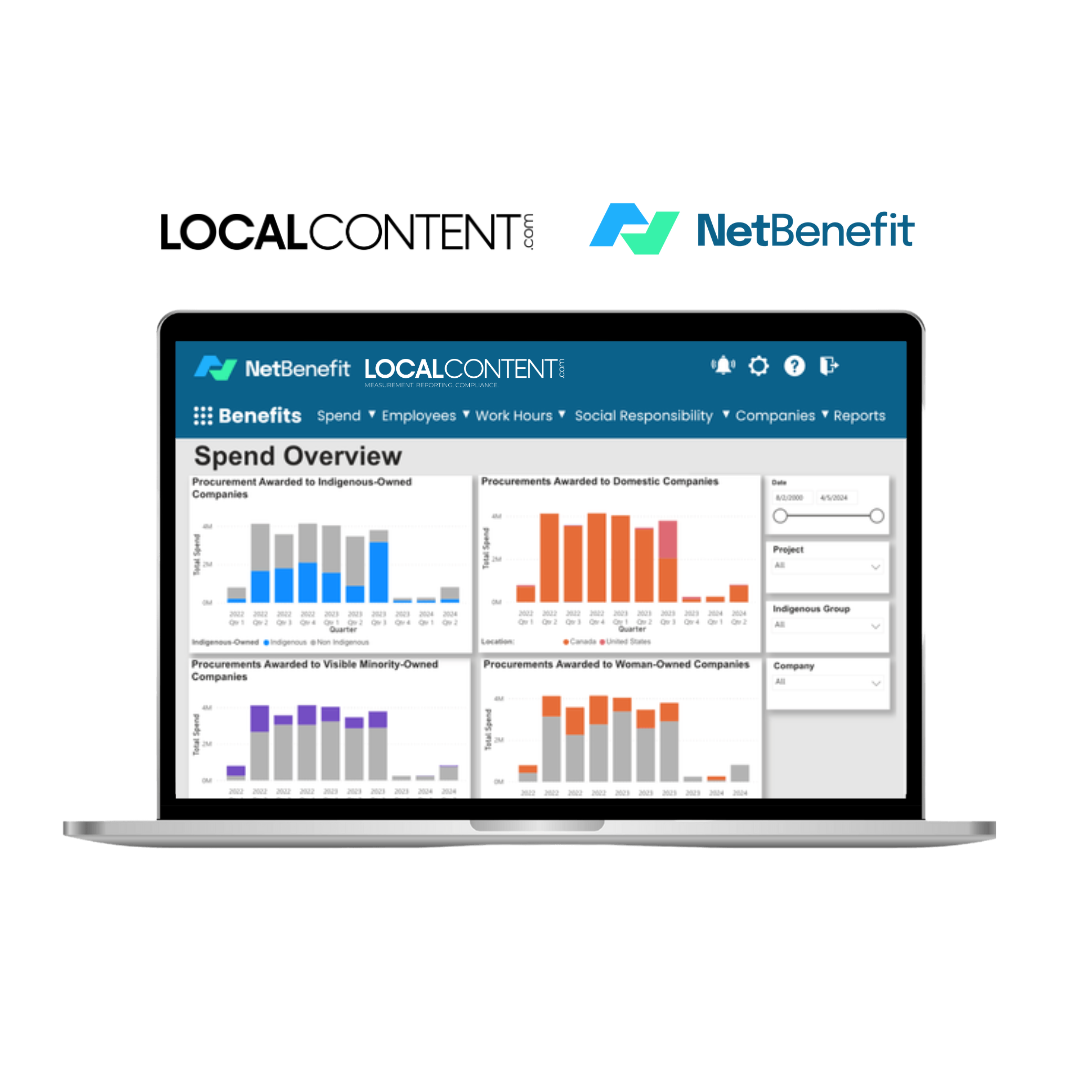(Boston, MA) Since January of 2023, Massachusetts has brought in key awards for transportation projects, including:
- $1.7 billion towards replacing the Cape Cod Bridges which will modernize their design to improve safety, mobility, and resiliency; increase economic vitality; and improve access through better pedestrian and bicycling infrastructure. This funding fully covers the cost of replacing the Sagamore Bridge, and will kickstart the replacement of the Bourne Bridge.
- $472 million for North Station Draw Bridge which will allow for more train capacity, faster and more reliable rides, and increased safety on MBTA commuter rail and Amtrack trains.
- $335 million for the Allston Multimodal Project, which will transform the Allston neighborhood by rebuilding a deficient section of Interstate-90. The project will open up new land for housing and commercial development, create a new 4-track commuter rail station that can support additional West-East rail connections, reconnect the neighborhood with open space along the Charles River waterfront, and improve multi-modal transit options.
- $108 million to lay the groundwork for West-East Rail. Massachusetts Department of Transportation (MassDOT), in partnership with Amtrak, and with support from CSX, won more than $108 million from the Consolidated Rail Infrastructure and Safety Improvements (CRISI) program for the Compass Rail Early Action for the Inland Route Project. The funding will go towards infrastructure projects to support the Inland Route rail corridor that will connect Boston to New Haven, CT via Worcester and Springfield, and lay the foundation for West-East Rail service.
- $77 million for Municipal Roadway Safety Improvements (via multiple funding rounds) across the state through the Safe Streets and Roads for All program. This funding will allow municipalities and regional planning agencies to implement strategies to reduce transportation-related fatalities and injuries.
- $75 million for Clean School Buses (2023 and 2024 funding round awards), which will go towards replacing fossil-fuel powered school buses in Boston, Worcester, New Bedford, Fall River, and 17 other Massachusetts school districts.
- $67 million for the Green Line from the All Stations Accessibility Program, which will make 14 Green Line stops on the B and C lines fully accessible to people with disabilities/limited mobility.
- $60 million for zero and low-emission public buses, which will go towards replacing fossil-fuel powered buses at the Massachusetts Bay Transit Authority, the Cape Cord Regional Transit Authority, and the Vineyard Transit Authority.
- $57 million for roadway improvements in Everett, Salem, Gardner, New Bedford, Brockton, and Lowell. The most recent round of these RAISE program awards will fund the planning and design of a second commuter rail station in Salem, improve bus travel and transit options for pedestrians and cyclists in one of the MBTA’s busiest routes in Everett, and support the City of Gardner in reimagining transit options for their historic downtown. Previous awards were also made to New Bedford, Brockton, and Lowell.
- $24 million to rehabilitate and extend the Leonard’s Wharf Project in the Port of New Bedford, which will allow for its continued use as a commercial fishing pier, expand its capacity for use in staging offshore wind projects, and increase its climate resiliency by raising the wharf to account for sea level rise.
- $3.7 million for the City of Worcester and the Town of Shrewsbury to replace and expand outdated drainage systems for a major intersection that experiences frequent flooding.
The state has also sought federal dollars to advance decarbonization and environmental priorities, including:
- $389 million to modernize New England’s grid. This month, the US Department of Energy announced that a Massachusetts-led coalition of New England states will receive $389 million in Bipartisan Infrastructure Law funding to make transformational changes to our grid, allowing for more utilization of renewable energy in the region. This award will propel our clean energy transition, support more than 500 high-paying jobs and workforce development programming in disadvantaged communities and increase our grid’s reliability while lowering costs for consumers.
- $156 million for the state’s Solar for All Program, which will support a partnership between the Massachusetts Department of Energy Resources (DOER), the Massachusetts Clean Energy Center (MassCEC), MassHousing, and the Boston Housing Authority for clean energy investments for 31,000 low-income and disadvantaged households. The initiative is expected to support 2,800 clean energy jobs and decrease annual carbon emissions by 70,000 tons.
- $100 million to rapidly scale the production and use of heat pumps, as part of a $450 million award for the New England Heat Pump Accelerator. The Accelerator will spur the adoption and reduce the costs of heat pumps, a key technology for reducing greenhouse gas emissions. The Accelerator sets a goal of making heat pumps account for at least 65 percent of residential scale-heating, air conditioning, and water heating sales by 2030, and 90 percent by 2040.
- $35 million for cleaning up and rehabilitating former industrial sites, which will support the cleanup of brownfield sites in 13 communities. The cleanup of these sites will allow them to be repurposed into community assets in Gateway Cities and rural areas across Massachusetts.
- $22 million in Municipal Urban Forestry Awards, which will support nine municipalities in planting and maintaining forestry. The projects include plans to plant more than 15,000 trees in Springfield, fund an urban forestry fellowship in Lynn, improve public health for vulnerable populations in Fall River through an expanded tree canopy, and advance social inclusion and workforce development through community forestry in the Boston neighborhoods of Chinatown, East Boston, Dorchester, Mattapan, and Roxbury
- $5 million to restore and transform retired cranberry bogs in Yarmouth and Bourne into resilient wetlands.
- $3.7 million in Coastal Habitat Restoration funding to improve tidal flow and reduce flooding and sea level rise in Manchester-by-the-Sea and Truro.
Massachusetts has also secured the following key initiatives to advance digital equity, economic development, and health and human services priorities:
- $147 million for improving internet access and equity statewide through the Broadband Equity Access and Deployment program, which will be deployed through a five-year action plan that seeks to extend access to underserved and remote areas.
- $57.7 million in CHIPS funding to establish and grow the Northeast Microelectronics Coalition Hub. The Massachusetts Technology Collaborative was selected to lead a regional hub to advance the microelectronics need of the US Department of Defense (DOD) while creating new jobs, workforce training opportunities, and investment in advanced manufacturing and technology sectors. The hub aims to leverage future funding opportunities from the DOD’s Microelectronics Commons program, which will deploy more than $2 billion dollars to mitigate supply chain risks and expedite access to microchips for defense needs.
- Amending the state’s 1115 Waiver to expand healthcare services and lower insurance costs for residents using MassHealth.








